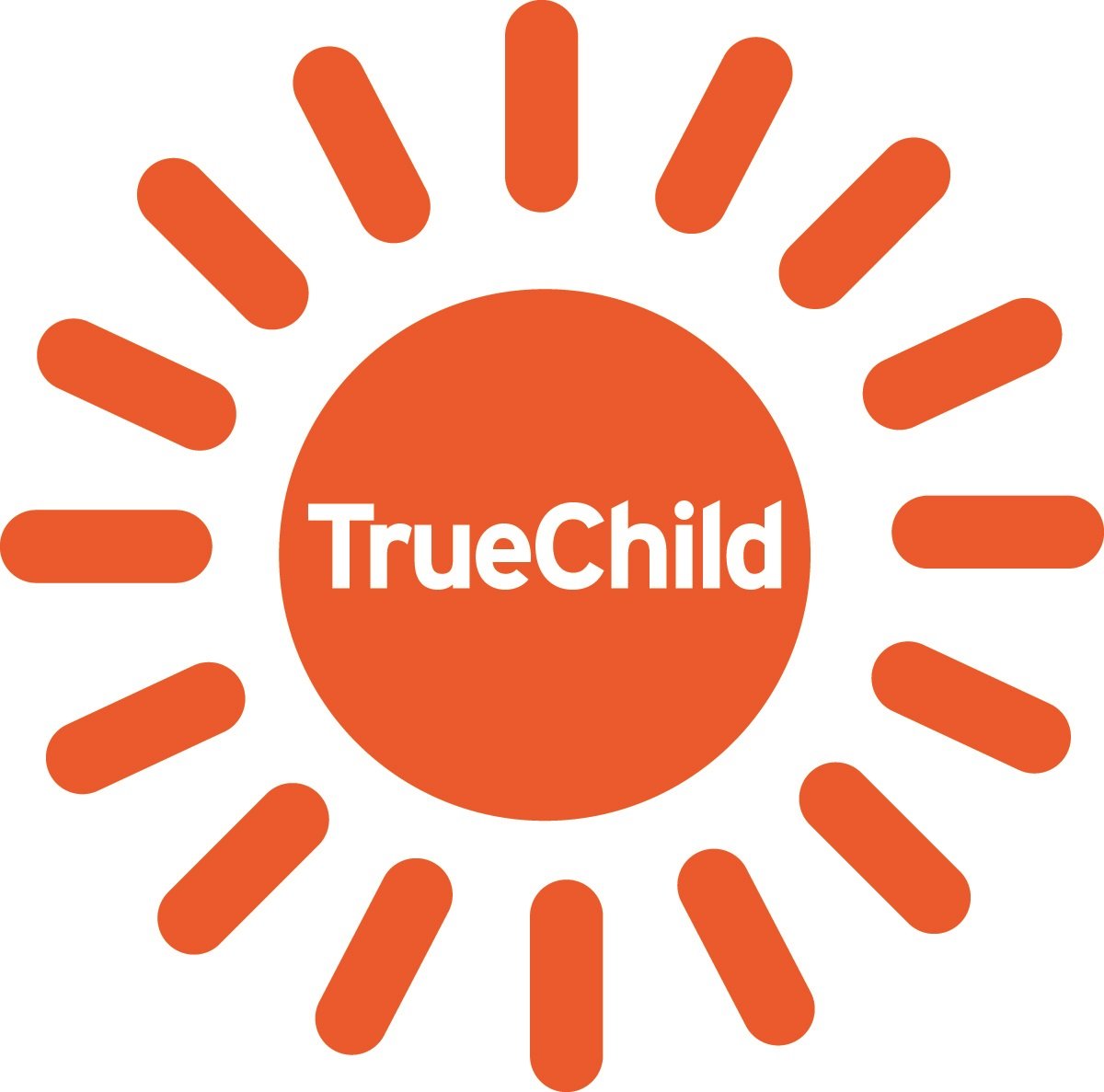About TrueChild
“Youth development solutions don’t work unless they address underlying problems like gender norms; TrueChild helped us do that.”
Two decades of research has found that harmful gender norms and inequities are a key to improving life outcomes for at-risk communities. Yet foundations and grantees often overlook gender, or disconnect it from race and class.
Creating intersectional approaches that connect race, class, and gender.
Major international donor institutions like CARE, PEPFAR, UNAIDS, UNFPA, USAID, and WHO have all implemented "gender transformative" initiatives that challenge rigid gender norms and found them effective. USAID no longer funds new programs that lack a strong gender focus; PEPFAR has made gender norms central to its funding in dozens of developing countries; and the venerable World Bank has initiated a multi-year effort to pull gender norms through all its equity work.
Now a leading core of thought-leaders in the U.S. like the Chicago Foundation for Women, George Family Foundation, Heinz Endowments, Simmons Foundation, and Women's Foundation of Minnesota, are doing likewise, along with funding networks like the Association of Black Foundation Executives (ABFE), Hispanics in Philanthropy (HIP), Women's Funding Network, and Women Moving Millions.
TrueChild improves possibilities and life outcomes for all youth by eliminating rigid gender norms. We are a network of leading experts and social science researchers dedicated to helping funders, policymakers, and nonprofits adopt "intersectional" approaches that are race- and gender-responsive.
We are especially interested structural inequality, and the impact of gender in at-risk communities, including those that are of color, LGBTQ, and/or low income.
TrueChild grew out of the work of the Gender Public Advocacy Coalition ("GenderPAC"), the first national advocacy non-profit devoted to transgender issues and the right of every person to their gender identity and expression.
From the Executive Director
Several decades of research has found that rigid, narrow codes of masculinity and femininity drive poorer reproductive and educational outcomes, homophobia and bullying, and gender-based or intimate partner violence. This can be especially true in at-risk communities, like those of color or LGBTQ.
To improve outcomes, there has been an increased focus on and commitment to designing "gender transformative” interventions which question, challenge and change rigid gender norms and inequities.
International agencies– like CARE, PEPFAR, UNAIDS, USAID, the World Bank, and WHO – have already launched gender transformative initiatives and found them effective.
While a few domestic organizations–like EngenderHealth, International Planned Parenthood and Population Council–have done likewise, by and large as leading authority Hortensia Amaro first observed in 1995 the US still pursues improved life outcomes for young people "in a gender vacuum.”
This needs to change.
TrueChild’s goal is simple: Programs and policies that address reproductive health, partner violence and gender-based bullying, and educational achievement integrate a strong, specific focus on gender norms.
Because challenging and ultimately changing harmful codes of masculinity and femininity is a key to improving life outcomes, especially among at-risk adolescents and teens.
Riki Wilchins
Executive Director
